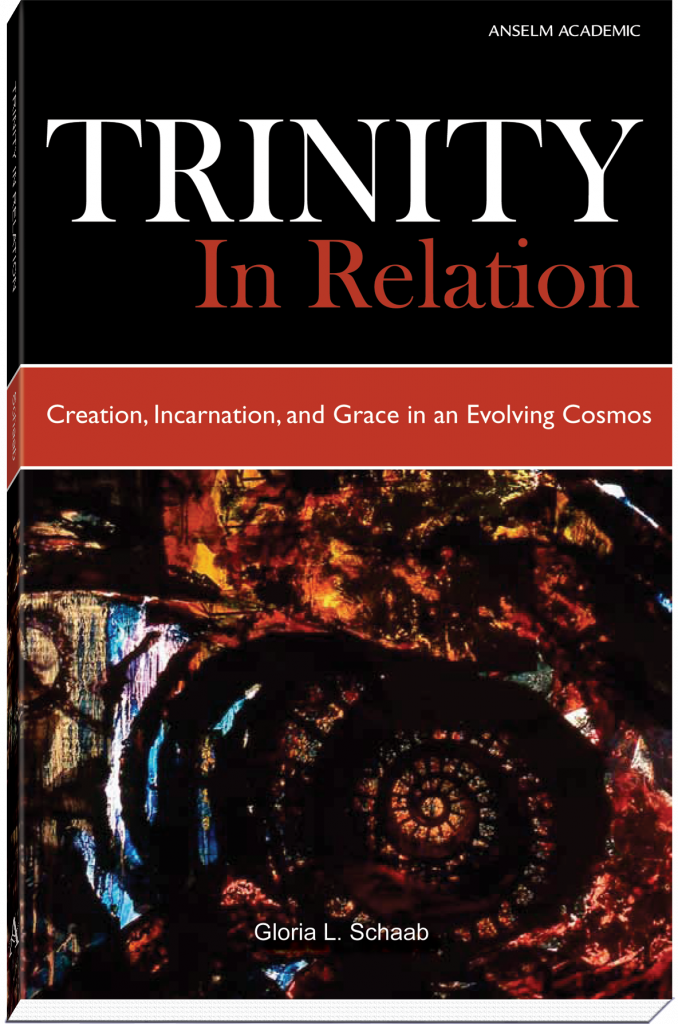
Incarnation: The Mission of the Son
In the life, teaching, and ministry of Jesus of Nazareth, the understanding of the personal nature of God deepened, and the promise of personal relationship with God intensified. Jesus of Nazareth was a devout Jew, schooled in the language, beliefs, and traditions of the Jewish culture and religion.
He believed in one God, studied the Torah, recited the Shema, celebrated the Sabbath and the Passover, sang the Psalms, heeded the prophets, preached like a rabbi, and taught his disciples the Great Commandment of the Law: “You shall love the Lord your God with all your heart, and with all your soul, and with all your might” (Deuteronomy 6:5) and “You shall love your neighbor as yourself” (Leviticus 19:18).
Nevertheless, Jesus experienced a unique relationship with the God of Israel, the intimate relationship between a father and a son. Jesus called the Most High God ‘Abba, Father,’ and taught his followers to use his relationship with God as a model for their own (Matthew 6:9–13). Because of this revelation, a new understanding of the transcendent God emerged, and with it a further constitution of divine being.
The mission of the Son further revealed God in a personal way as Father not only to Jesus but also to all who followed him.
However, these disciples not only encountered the living God in a qualitatively new and personal relationship as the one whom Jesus called Father; they also recognized and proclaimed that in their relationship with Jesus, they encountered the living God in human flesh.
This encounter came, moreover, through Jesus’ wholehearted embrace of human experience in its fullness; Jesus revealed through his human nature the depth and breadth of divine love and compassion. He incarnated this divine love and compassion as he companioned tax collectors and sinners whom others rejected and put human needs before Sabbath laws. He forgave those who had broken relationship with God and the community and healed those suffering from illness and deformity.
Jesus proclaimed the Kingdom of God using a different vision of those who were truly blessed: the poor in spirit, those who mourn, the meek, those who hunger and thirst for righteousness, the merciful, the single-hearted, the peacemakers, and those persecuted for righteousness’ sake. In Jesus, God entered into solidarity “with all those who suffer and are lost in this violent world, thereby opening up the promise of new life.”1
This solidarity threatened both religious and political authorities, which tried to silence God’s Word-made-flesh through crucifixion and death. Nevertheless, Jesus was raised to new life in the power of the Holy Spirit. Furthermore, Jesus assured his disciples of God’s ongoing revelation through the Holy Spirit that the Father would send (John 14:25–26).
As a mission of the Trinity, the Incarnation provided a multifaceted revelation that constituted meaning, nature, and attributes not only of the person of Jesus of Nazareth but also of the Triune God whom he proclaimed in his person, his actions, and his teachings.
The mission of the Son, therefore, clearly communicates the relationality of Divine Being as hope to those who suffer, as promise to those who wait, as forgiveness to those who sin, as compassion for those oppressed, as providence for those who are poor, as welcome for the outcast, as light to those in darkness, and as fullness of life for those who believe.
1. Elizabeth A. Johnson, “Banquet of the Creed,” Yves Congar Award Lecture, January 14, 2007, Barry University, Miami Shores, FL.
Gloria L. Schaab, SSJ, PhD, a Sister of Saint Joseph of Philadelphia, is Professor of Systematic Theology and Chair of the Department of Theology and Philosophy at Barry University in Miami, Florida.

This article is an excerpt from Trinity in Relation: Creation, Incarnation, and Grace in an Evolving Cosmos, by Gloria L. Schaab (Winona, MN: Anselm Academic, 2012), pages 139–141. Copyright © 2012 by Anselm Academic. All rights reserved. www.anselmacademic.org.

